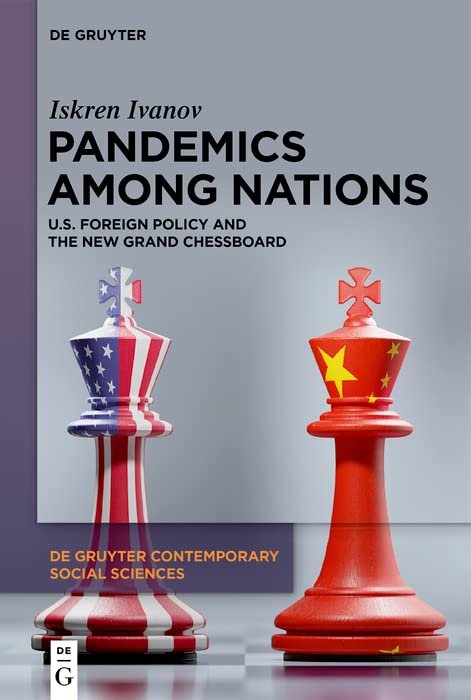Title: The Domestic Chessboard Shaping Foreign Policy Moves
In the intricate dance of foreign policy, where global stability often hangs in the balance, domestic political considerations play a surprisingly pivotal role. Recent speculations suggest that decisions once thought to be purely in response to international dynamics may actually be deeply influenced by domestic political motivations, especially those related to public perception and presidential actions concerning national security and international conflict management.
At the heart of these discussions are broader geopolitical tensions involving key adversaries like Iran. It’s no secret that Iran has been a central figure in U.S. foreign policy debates for decades, representing not just a challenge on the international stage but also a litmus test for presidential resolve at home.
Presidents face an electorate that is increasingly informed yet polarized over how the United States should wield its power abroad. In this context, decisions about deploying troops, imposing sanctions, or entering into diplomatic negotiations aren’t made in a vacuum. They are intricately linked with how these actions will resonate on Main Street.
Consider the calculus involved in managing relations with Iran or navigating conflicts in volatile regions. A president might lean towards aggressive posturing if they believe it will consolidate their base by projecting strength or deterrence. Conversely, engaging in diplomacy could be seen as appealing to centrist voters who favor dialogue over confrontation.
This interplay between domestic politics and foreign policy isn’t new; however, its visibility and impact have grown exponentially due to 24/7 news cycles and social media’s omnipresence. Every move on the international chessboard is scrutinized through both global strategic lenses and local electoral implications.
Moreover, this dynamic complicates relationships with allies and adversaries alike. For instance, when U.S leaders consider their stance toward Iran – whether opting for stringent sanctions or seeking paths to de-escalation – they must weigh not only Tehran’s potential reaction but also how these choices affect perceptions among American voters as well as impact alliances with European partners who might favor different approaches.
It raises critical questions about purity of motive in decision-making at the highest levels of government: Are actions driven by what is best for long-term global stability or short-term political gain? Can there truly be a separation between domestic political calculations and genuine national security interests?
As we navigate through an era marked by rapid information dissemination and heightened partisanship, understanding this nexus between domestic politics and foreign policy becomes crucial—not just for analysts but for every voter trying to sift through complex narratives surrounding international affairs.
The challenge lies not only in recognizing these motivations behind presidential decisions but also ensuring that discourse around foreign policy remains grounded in evidence-based analysis rather than succumbing to partisan interpretations designed more for electoral success than effective governance.
In summing up this delicate balance between addressing immediate voter concerns while managing existential threats on the world stage reveals itself as one of modern presidency’s most daunting tasks—a tightrope walk where missteps can have consequences far beyond election cycles.
Navigating this landscape requires nuanced understanding from both leaders and citizens alike—the former must strive for transparency about their motives while prioritizing long-term peace over short-term popularity; meanwhile, voters need to critically assess policies beyond surface-level rhetoric or party lines.
Ultimately, fostering an environment conducive to civil discourse around such issues is essential—if democracy’s essence lies within informed debate leading up to decision-making processes then ensuring those debates are rooted firmly within reality rather than swayed unduly by transient political winds becomes paramount.

Leave a Reply